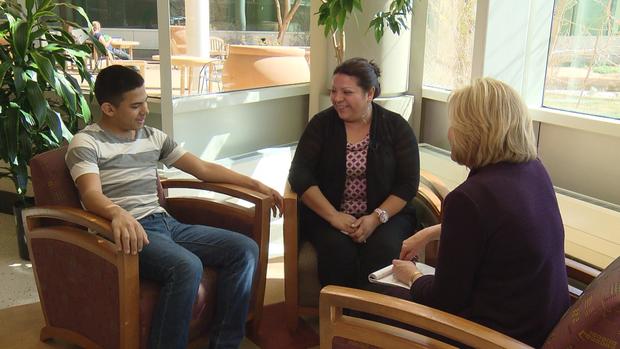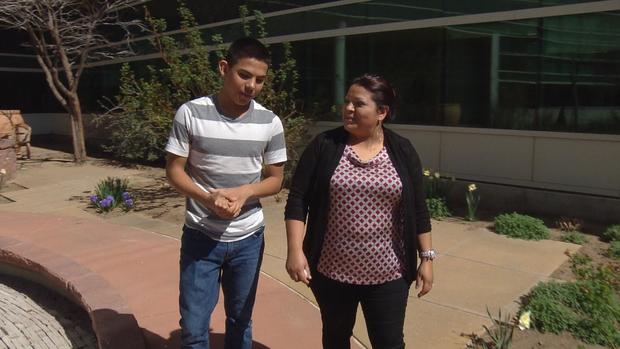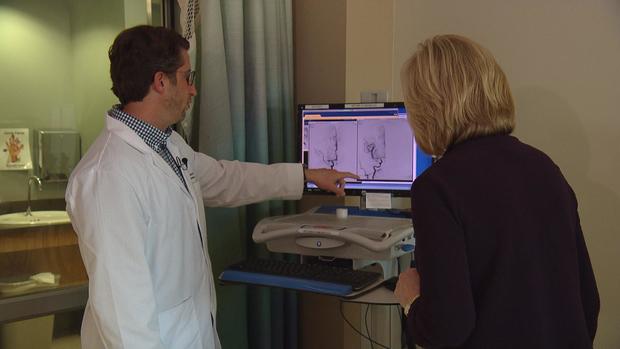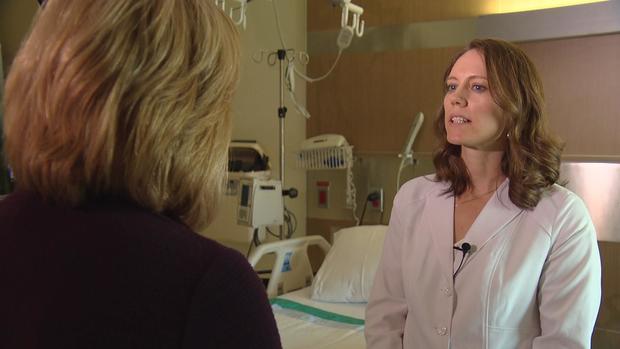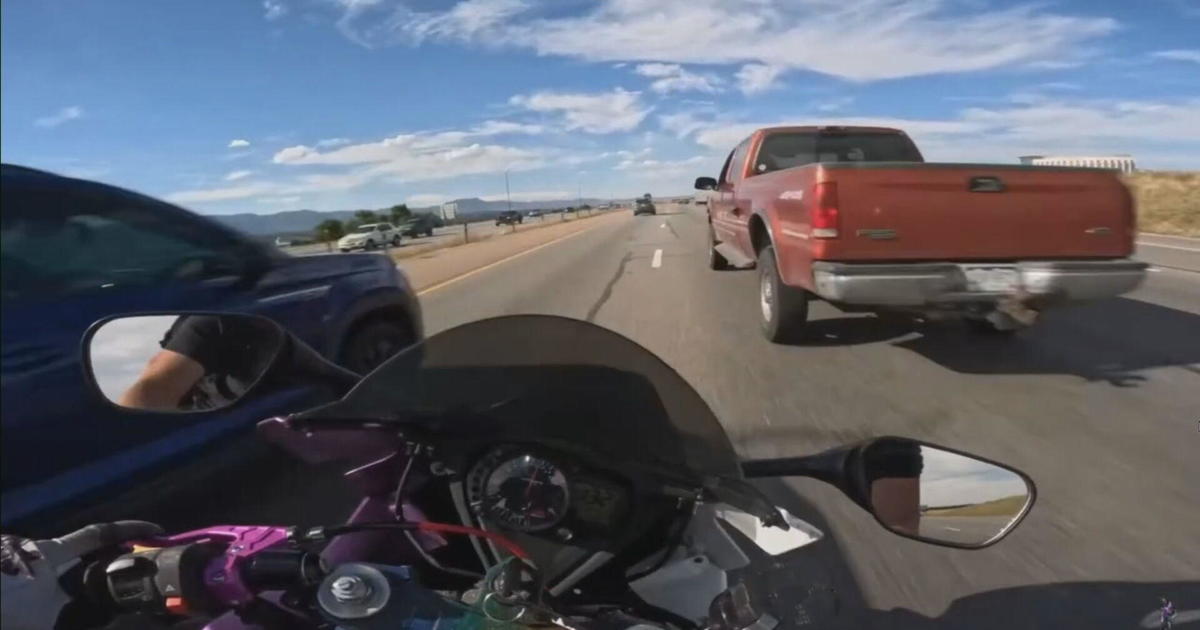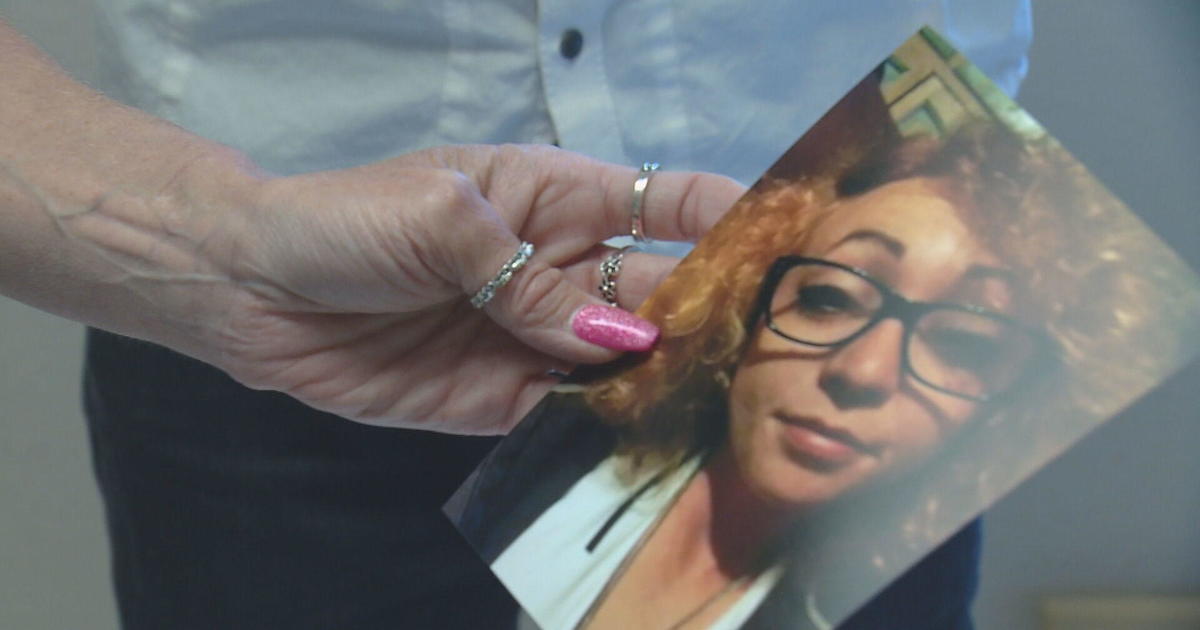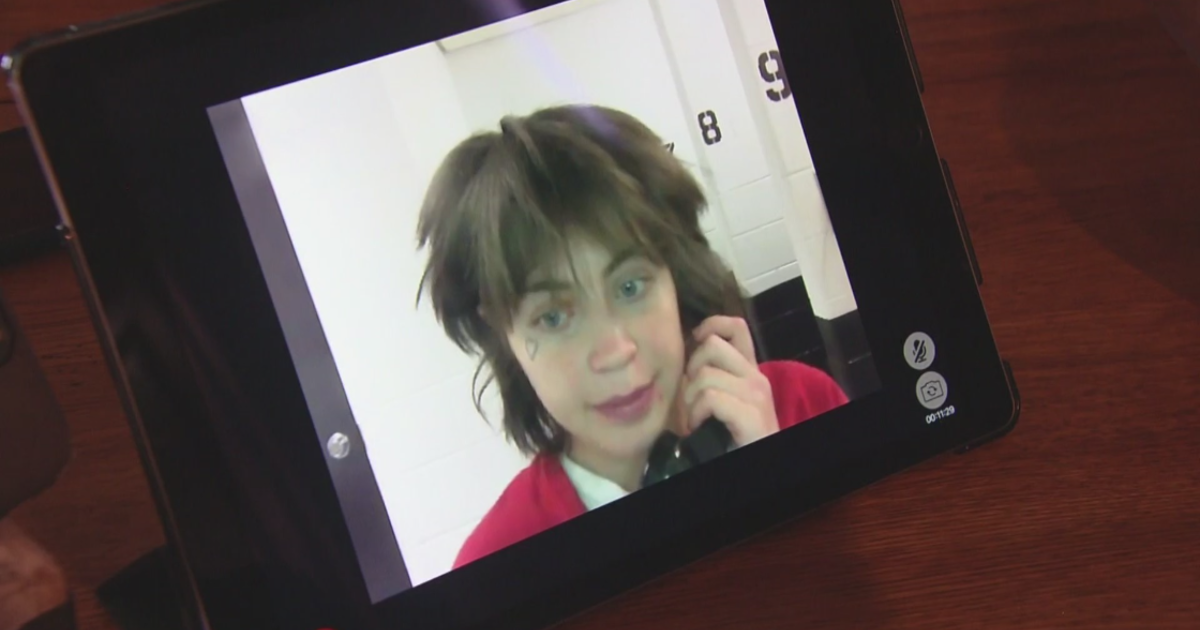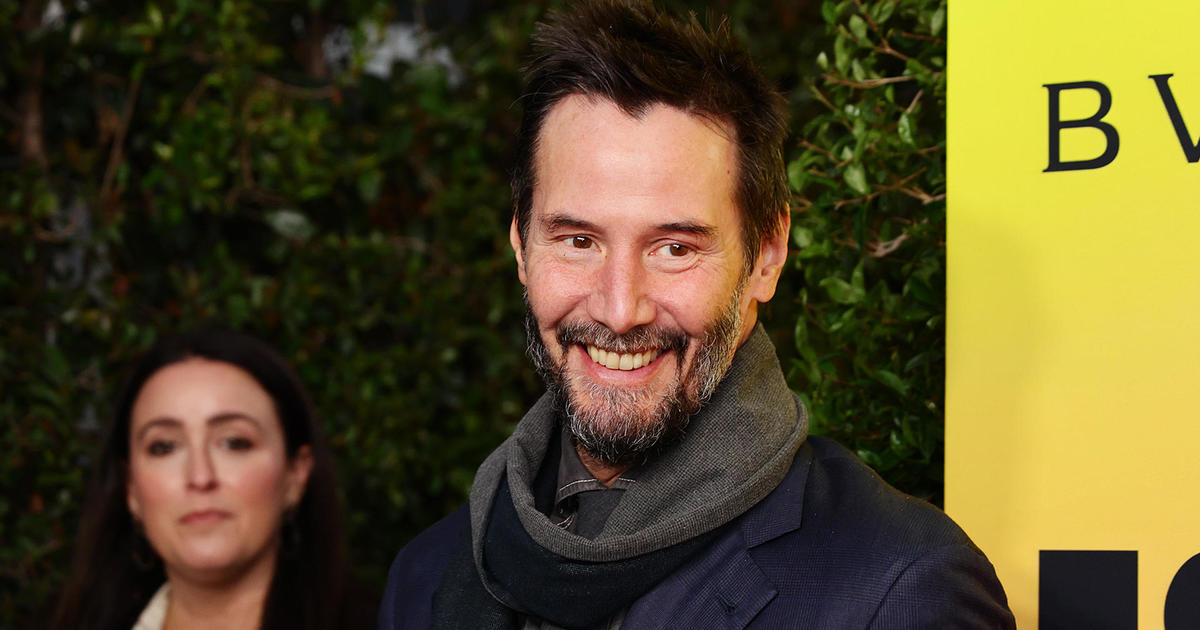Fast Actions Speed Teen's Recovery From Stroke
AURORA, Colo. (CBS4) - We associate stroke with the elderly. Nearly three-quarters of all strokes do occur in people over the age of 65. But a teenager from Fort Lupton is proof that kids of all ages can have strokes too.
In February, 14-year-old Iram Quezada suffered a stroke.
"I didn't know what was going on," Quezada told CBS4 Health Specialist Kathy Walsh.
Quezada has always been healthy. He plays both football and basketball. Recently, the Fort Lupton High School freshman gave baseball a try. But at practice on Feb. 26 Quezada wasn't himself.
"When I started talking I had trouble. Like my words would come out, but they wouldn't make sense. They would start coming out like mumbles," he said.
The teenager was rushed to Platte Valley Medical Center.
"He couldn't move any of his left body parts," his mother, Maria Arellanes, said.
She said she was scared when a CT scan showed a blood clot in Quezada's brain.
"I didn't know how to help my son," Arellanes said while wiping away tears.
Quezada was transferred to the University of Colorado Hospital. An MRI confirmed a stroke. Neurosurgeon Dr. Joshua Seinfeld performed what's called a mechanical thrombectomy. He threaded a catheter (thin, hollow tube) through an artery in the boy's groin up to his brain. Once it was in place, he used a tiny mechanical device to snare the clot.
"With one attempt we were able to get the entire blood clot out and restore normal blood flow to his brain," said Seinfeld.
Stroke Neurologist Dr. Sharon Poisson says the teen is lucky everyone acted quickly.
"He looks great now. He's up walking around and seems to have made a great recovery," Poisson said.
Quezada said he gets tired and is still a little weak, but he's got a plan.
"To be 100 percent back to how I was," the teenager vowed.
The National Stroke Foundation recommends the F.A.S.T. test as an easy way to remember the most common signs of stroke. Using the F.A.S.T. test involves asking these simple questions:
Face - Check their face. Has their mouth drooped?
Arms - Can they lift both arms?
Speech - Is their speech slurred? Do they understand you?
Time - Is critical. If you see any of these signs call 911 right away.
